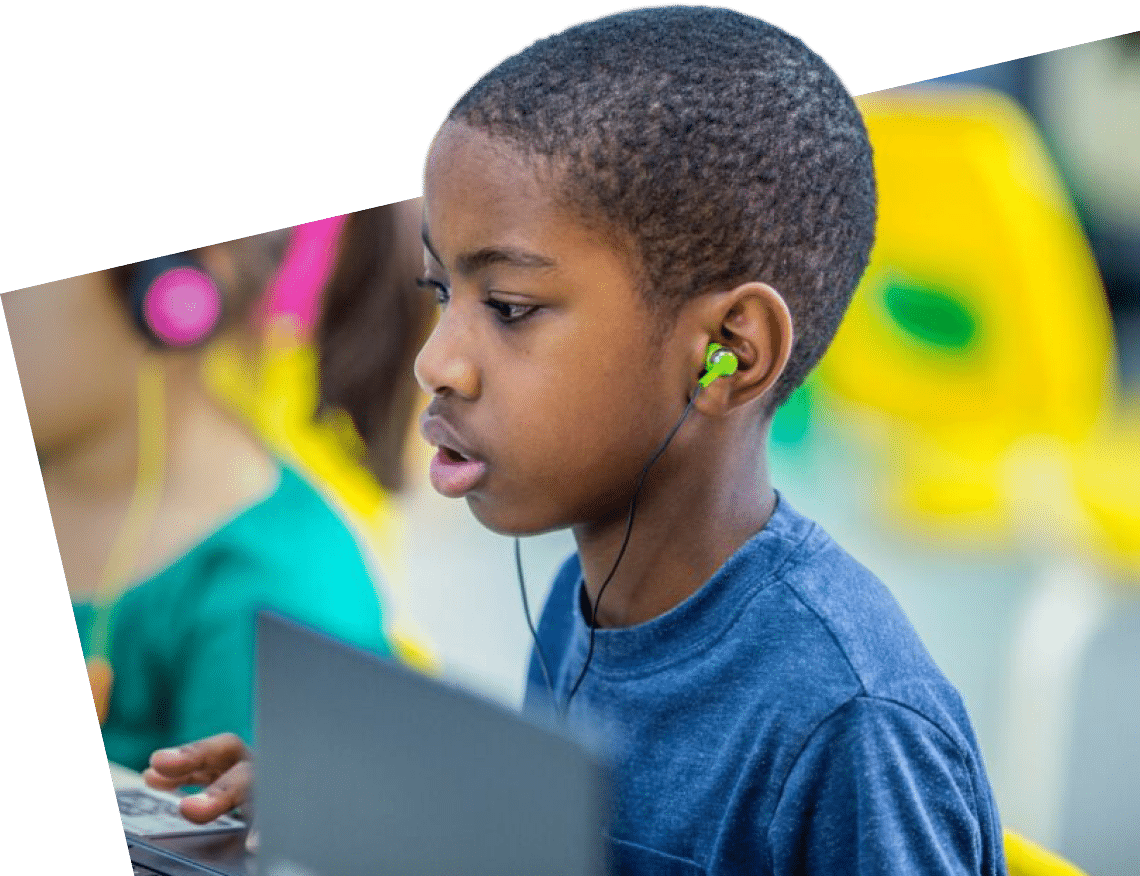30 May 2025
Mind the engagement gap: a response from Tute Education
At Tute, we read ImpactEd’s ‘Mind the Engagement Gap’ with keen interest. This timely and powerful report reinforces many of the truths we encounter daily in our work with students whose engagement in mainstream education has become fractured or limited. We recognise, as the report highlights, that engagement is not a generic measure, but one that is highly dependent on context, relationships, perceived relevance, and emotional safety. These findings resonate deeply with us.

What our students say
One of Tute’s longest-standing tools to inform our practice through evidence is the Tute student feedback surveys. Running in their current form since 2021, these surveys have now amassed over 7,000 responses, providing rich insight into how students experience learning with us. These surveys have become an essential feedback loop, helping us to evolve in line with our commitment to inclusive, responsive education.
At Tute, we see engagement as relational. As Trotman et al. (2018) suggest, “Children and young people are necessarily considered as ‘reliable witnesses’ to their own experiences” (France, 2004, p.177). We take this seriously. In order to create an education system that enables any child, anywhere to achieve their potential, we must listen to what students tell us.
At the end of Term 2 (2024–25), 1,791 students shared their views:
- 97% said they felt safe in their Tute lessons
- 95% said their answers were valued
- 96% said they liked their teachers
- 92% found the feedback they received valuable
- 88% felt they had made progress
- 90% enjoy learning with Tute
- 83% felt that learning online with Tute was as good or better than in the classroom
These high levels of reported safety, value, and progress are key indicators of engagement and suggest that for many, online provision can not only supplement but improve learning experiences.

Student voice-in their own words
Students value their relationships with kind, supportive teachers who provide meaningful feedback:
- “The teachers are SO nice and it is a very relaxing learning environment.”
- “My teacher is so sweet. She cares about her students and values their opinions.”
- “I never want my lessons to end with her—she makes me feel safe with Tute.”
- “The teachers seem like they enjoy teaching compared to some teachers that I have had in the past.”
Comfort, safety and privacy matter. Students need to feel secure in their learning environments to thrive academically.
- “I really enjoyed being able to do everything from the comfort of my own home and feel safe while still getting a quality education.”
- “That no one can see your face—you don’t have to put your camera on.”
- “Feeling more confident as I didn’t worry as much about judgment from other kids.”
Interactivity in lessons that enable engagement is key to enjoyment:
- “I love the whiteboard and the chat and emoji 😀😀😀”
- “The polls and chat box mean I can still engage without having to speak.”
- “It’s fun to interact through a screen—I can still ask questions without pressure.”
Learning progress is a product of increased confidence.
- “Being able to get back into learning but also enjoying learning again—it’s really boosted my confidence.”
- “Learning better than I would in a classroom.”
- “The fact you get to learn but without the stress of school.”
Enjoying learning results in increased motivation and accessibility for all:
- “I enjoy Tute lessons because I can learn at home and don’t need to go into school—this is easier for me because I have a chronic illness.”
- “Being able to actually enjoy learning.”
- “Doing a piece of work that I enjoy—I was actually enjoying lessons.”
Learning online can also support students overcome school-based barriers arising from social, emotional and mental health needs:
- “As someone with anxiety, I enjoyed being able to share my answers and not feel like I was being judged constantly if I got something wrong.”
- “The massive improvement of my skills and mental health due to doing this instead of school.”
- “Not being seen or having to worry about entering real school decreased my overall anxiety and pain.”
This is not to suggest that learning online is without challenges. The most common concern was the lack of social connection with peers outside of lessons:
- “Not being able to connect with other students. I know it’s for safety reasons but building friendships over learning—not being able to see them is a bummer.”
This is why we are working currently on addressing this concern through wider opportunities for pastoral engagement, supporting a peer network through our student hub and fostering a sense of community in our online learners.

Bridging the engagement gap
ImpactEd’s report rightly argues that we must focus not only on academic recovery, but on emotional connection, relevance, and equity of access. Our findings support this. Students who struggle in traditional classrooms, whether due to anxiety, illness, or complex personal contexts, often describe Tute as an accessible and affirming space.
Online learning is not “better” in all cases, but for some students, it is where they begin to feel safe, confident, and able to learn again. The engagement gap will not be bridged by one approach alone. We need diverse, adaptive models that invite learners to re-engage on their terms, in their way.
Tute’s approach is one such model, and student voice is our guide.

written by Sharon Smith
Assistant Head of Teaching and Learning – Outcomes
